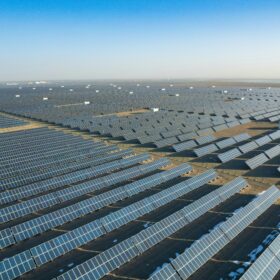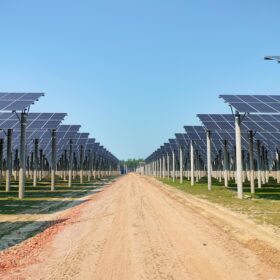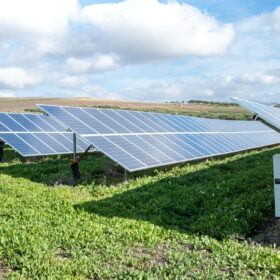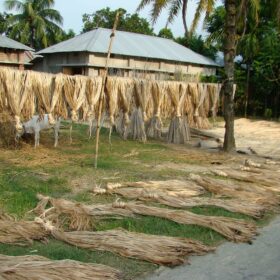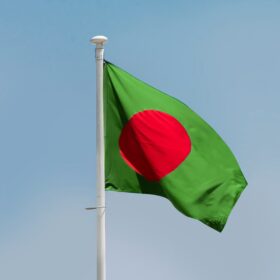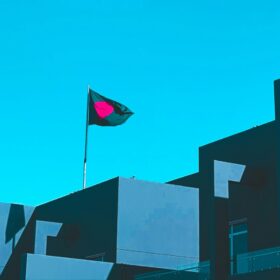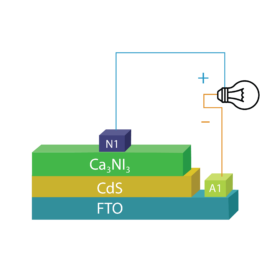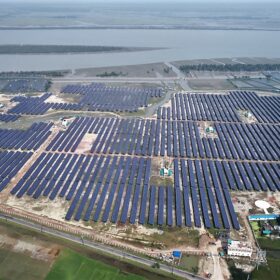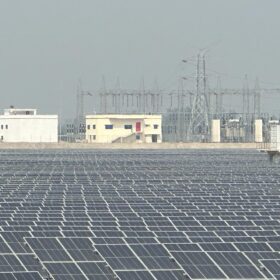Indonesian utility plans 500 MW solar project in Bangladesh
Indonesia’s Pertamina Power has revealed plans to build a 500 MW solar project in Bangladesh.
Chinese venture commissions 68 MW solar plant in Bangladesh
Bangladesh-China Renewable Energy Company (BCRECL) has commissioned a 68 MW solar plant in Bangladesh. The Bangladesh Power Development Board (BPDB) has agreed to buy electricity from the facility at $0.102/kWh.
Chinese joint venture to build 100 MW ‘semi-agrivoltaic’ plant in Bangladesh
A Bangladeshi-Chinese joint venture plans to build a 100 MW “semi-agrivoltaic” project in Madarganj, Bangladesh. The facility will produce green chilies, turmeric, and ginger.
Bangladeshi jute producers go solar
Bangladesh’s state-owned Infrastructure Development Co. Ltd. (IDCOL) is providing loans to several jute producers and textile makers to deploy 40 MW of rooftop PV systems.
High import duties affecting solar deployment in Bangladesh
Analysts at a recent event in Dhaka called for the removal of high import duties on solar products in Bangladesh, as it could reduce PV system prices by up to 11%.
Bangladesh seeking consultants for 100 MW solar plant
The Bangladeshi government has issued a call for consultants to conduct a feasibility study, initial environmental examination, and environmental and social impact assessment for a 100 MW solar plant. The consultants will also be expected to survey the transmission line route for connection to the nearest grid substation.
Researchers design 31%-efficient perovskite solar cell based on calcium nitrogen iodide
An international team has demonstrated a perovskite solar cell relying on inorganic calcium nitrogen iodide (Ca3NI3) perovskite and has found this absorber material offers advantages such as tunable bandgap and resistance to heat. The device achieved a fill factor of 81.68%.
Bangladesh approves 300 MW of solar
The Bangladeshi authorities have approved three 100 MW solar projects, with tariff rates of around $0.10/kWh.
Tandem solar cell based on cadmium telluride, iron disilicide promises 43.9% efficiency
Researchers in Bangladesh have designed a dual-junction tandem solar cell with a bottom device based on iron disilicide (FeSi2), an emerging absorber material know for its high thermal stability and good optoelectronic properties. Their simulation showed the advantage of combining the larger bandgap of the top cadmium telluride cell and the smaller bandgap of the bottom FeSi2 cell.
Bangladeshi utility completes 75 MW solar project
The Electricity Generation Company of Bangladesh (EGCB), backed by the World Bank and the Bangladeshi government, has finished building a 75 MW solar project in southeastern Bangladesh.
